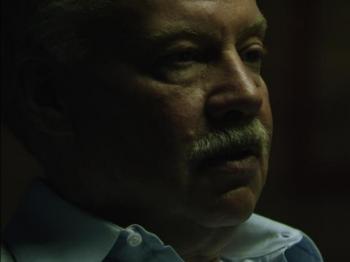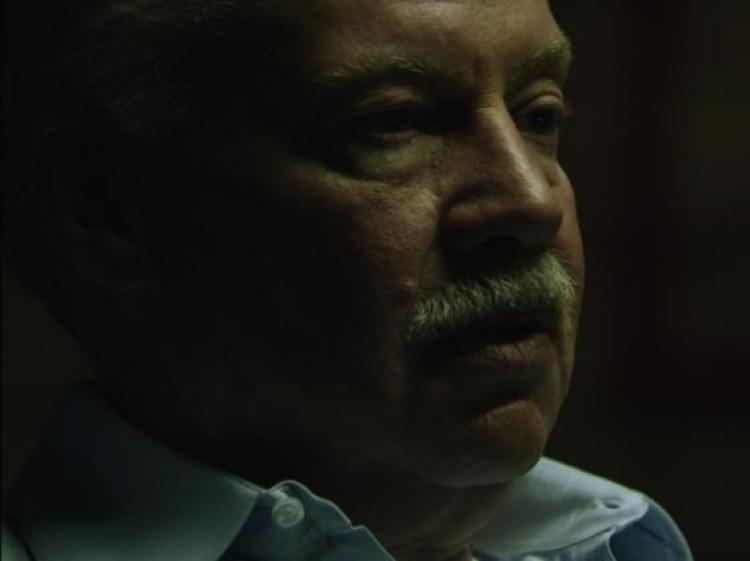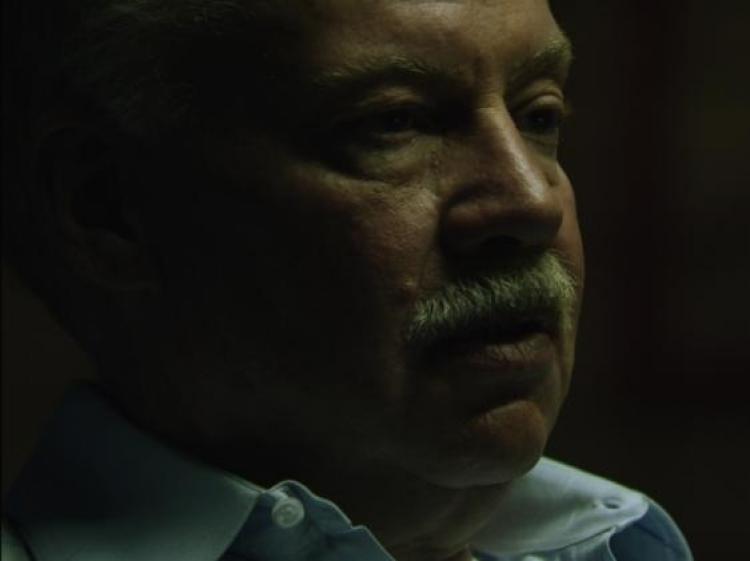With the advent of the new millennium, prophecies abound foretelling the end of days, and we as a society seem to have a morbid fascination with our own impending doom.
Apocalyptic movies have never really gone out of favor, with recent blockbusters enjoying box office success, from “2012” and “The Day After Tomorrow” to the more realistically portrayed and critically acclaimed “The Road” starring Viggo Mortensen. Most of them are based—although somewhat loosely—on real potential apocalyptic scenarios.
While most of us are happy to just sit back and enjoy the story, there are other people out there battling to try to avert what they see as real, coming calamities.
One such man is Michael Ruppert, subject of the new documentary “Collapse” that was released in the U.K. by Dogwoof distribution on Friday, Oct. 1.
Described as an intellectual horror film, this documentary is essentially a single interview with Ruppert, elucidating what he sees as the coming collapse of society due to its dependence on oil.
Skillfully filmed and edited by award-winning director Chris Smith, “Collapse” is a riveting watch that is hard to ignore no matter what prejudices you may have. Its confidence invites scrutiny of the issue and will no doubt court controversy wherever it appears.






